Where do baseball's other free agents fit best?
Last week, we ranked where Juan Soto fits best. Soto is in a class by himself this offseason, but he's not the only difference-maker available on the open market.
We now turn our attention to the next tier of star MLB free agents. (We are not including Roki Sasaki, who's restricted by the international bonus pool and is not part of the MLB free-agent class.)
The following are the top 10 free agents beyond Soto. The rankings were determined by averaging the MLB Trade Rumors and FanGraphs crowdsourced contract projections. Who has the motivation, need, and projected payroll space to sign these stars?
Corbin Burnes
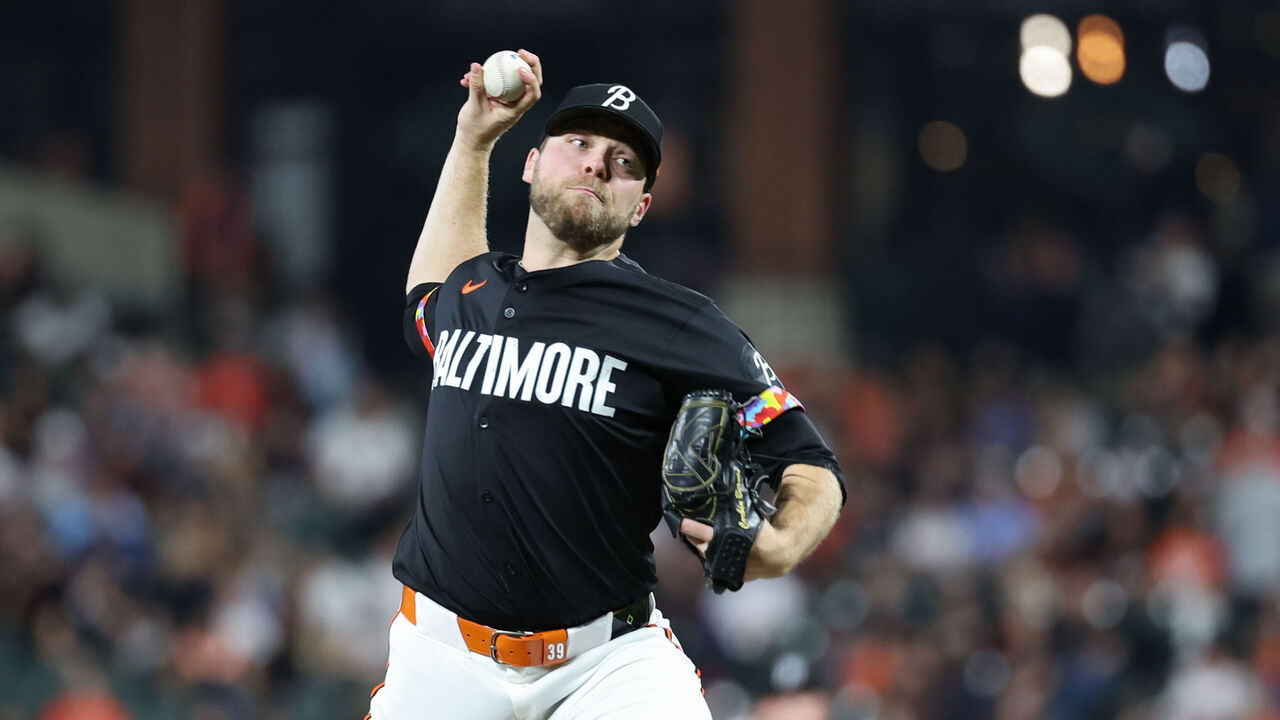
Burnes is widely viewed as the best arm available. He ranks second behind only Zack Wheeler in fWAR (22.7 to 19.2) since 2021.
Very few pitchers have the depth of Burnes' arsenal. That includes his unicorn pitch, a darting mid-90s cutter.
Very few have been as durable as Burnes. He's averaged 189 innings per season over the last four seasons, which ranks just behind Aaron Nola, Logan Webb, and Wheeler.
There are some red flags with Burnes, who just turned 30. Notably, his ability to miss bats is in decline. His strikeout-minus-walk rate fell from an elite mark of 30.4% in 2021 to 24.1% in 2022, 17.1% in 2023, and 17% last season. (The MLB league average was 14.4% in 2024.)
While he's no longer super-elite, he's still a good bet to be one of the game's best pitchers over the next couple of seasons.
The Mets need top-end pitching, and owner Steve Cohen has recently shown a willingness to invest in much older arms than Burnes (such as Max Scherzer and Justin Verlander). Moreover, Mets general manager David Stearns has a history with Burnes from their time with the Milwaukee Brewers, and he reportedly wants to reunite with Burnes.
Alex Bregman
Great teams generally have to make fewer decisions between rostering bat- or glove-first players. They have major leaguers that can do both. The Blue Jays need more such players to mix in with their emerging youth while maximizing the last year they have Vladimir Guerrero Jr. and Bo Bichette under contract.
Adding Bregman, who turns 31 in March, would fill third base with a two-way player much like Matt Chapman. That'd allow Guerrero to remain at first base while placing Ernie Clement in a super-utility role. Bregman said he's also open to playing second base, opening up further optionality for whoever signs him.
Rogers Centre would also be a great fit for Bregman's extreme fly-ball, pull-heavy approach. Statcast projects Bregman would've hit more home runs as a Blue Jay last season (29) compared to his output in Houston (26).
Toronto must strengthen and deepen its lineup, which ranked 23rd in the majors in runs scored last season, while not surrendering defensive value. Bregman is one of the best options to accomplish just that.
Willy Adames
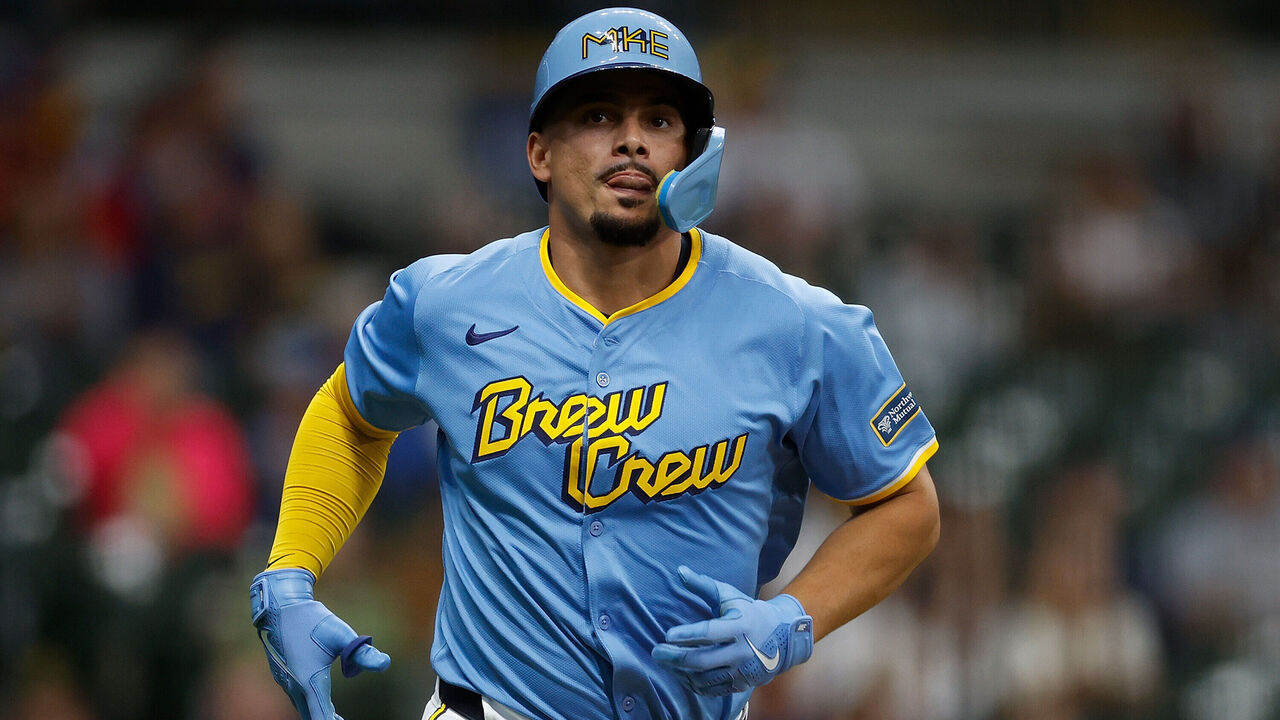
Atlanta shortstops produced 0.6 WAR with a 71 wRC+ mark last season, ahead of only Oakland and Detroit.
The Braves' lineup suffered massive regression last year. They need it to return to 2023 levels to compete for the division title.
Adames, 29, can help it do just that. He posted career highs in doubles, home runs, RBI, and steals in 2024.
Blake Snell
Only Coors Field has been a more favorable venue than Fenway Park for left-handed hitters over the last three seasons, so it makes sense for the Red Sox to target lefty pitchers. There are three quality options available on the open market: Snell, Max Fried, and Sean Manaea.
Snell, who turns 32 in December, is an excellent but sometimes erratic pitcher. That was again the case this season when he posted a 6.31 ERA in the first half and a 1.45 mark in the second half. But the industry can perhaps throw the first half out as Snell missed much of spring training waiting for a contract.
Snell remains one of the game's premier lefties, and Boston needs more arms to complement an emerging young lineup.
Max Fried
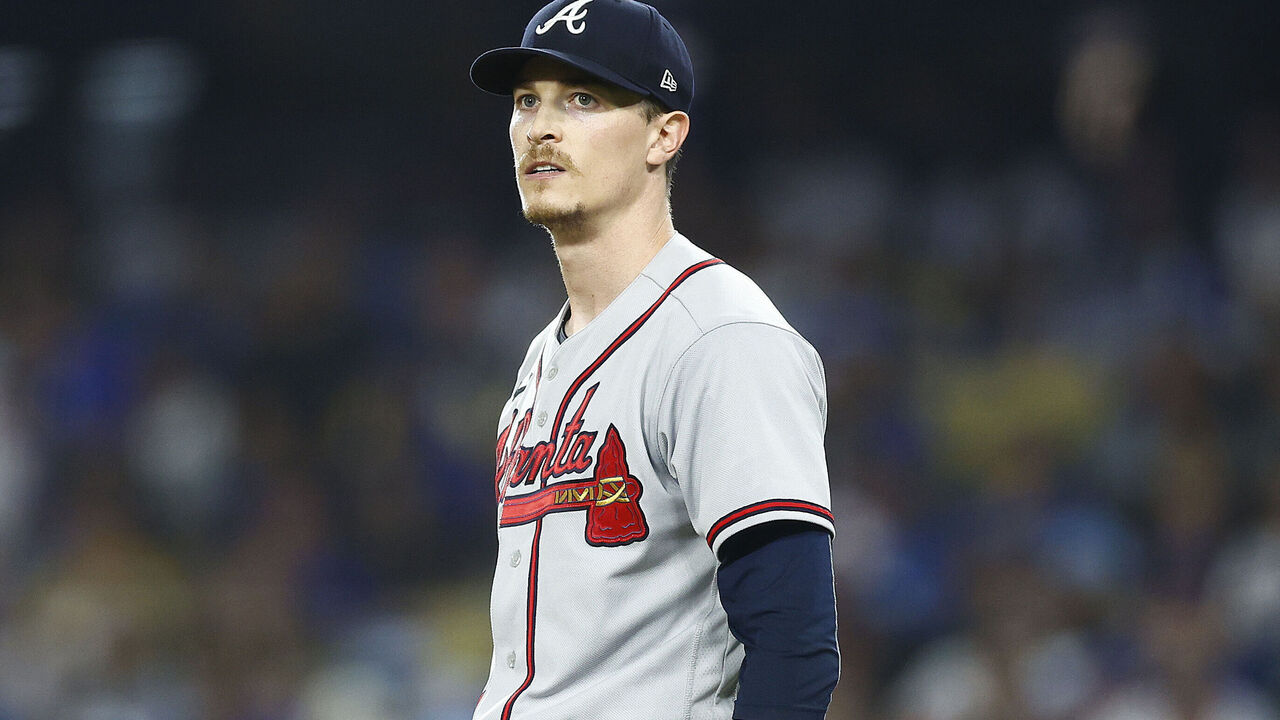
Camden Yards, like Fenway Park, owns extreme splits for batters. It's much more favorable for left-handed bats after renovations to the left-field wall tamped down home-run production from righties. Baltimore is a great fit for southpaws who can neutralize left-handed power.
If the Orioles were ever going to spend, now would be the time. New owner David Rubenstein seems much more likely than the Angelos family to do so. Fried would be an ideal fit to replace Burnes and supplement the excellent young lineup.
The lefty is more of a health risk than Burnes, and he'll turn 32 in January, but he's remarkably consistent. Fried hasn't posted an ERA north of 3.25 since 2020 or an FIP worse than 3.33. He's also due for some positive regression as his walk rate (8%) was above his career average of 6.8%.
There's a chance Fried continues to refine his skill set, especially if he lands with an elite player development team like Baltimore. He could be something like early-to-mid-30s Cliff Lee for the team that signs him, and that's a difference-maker.
Pete Alonso
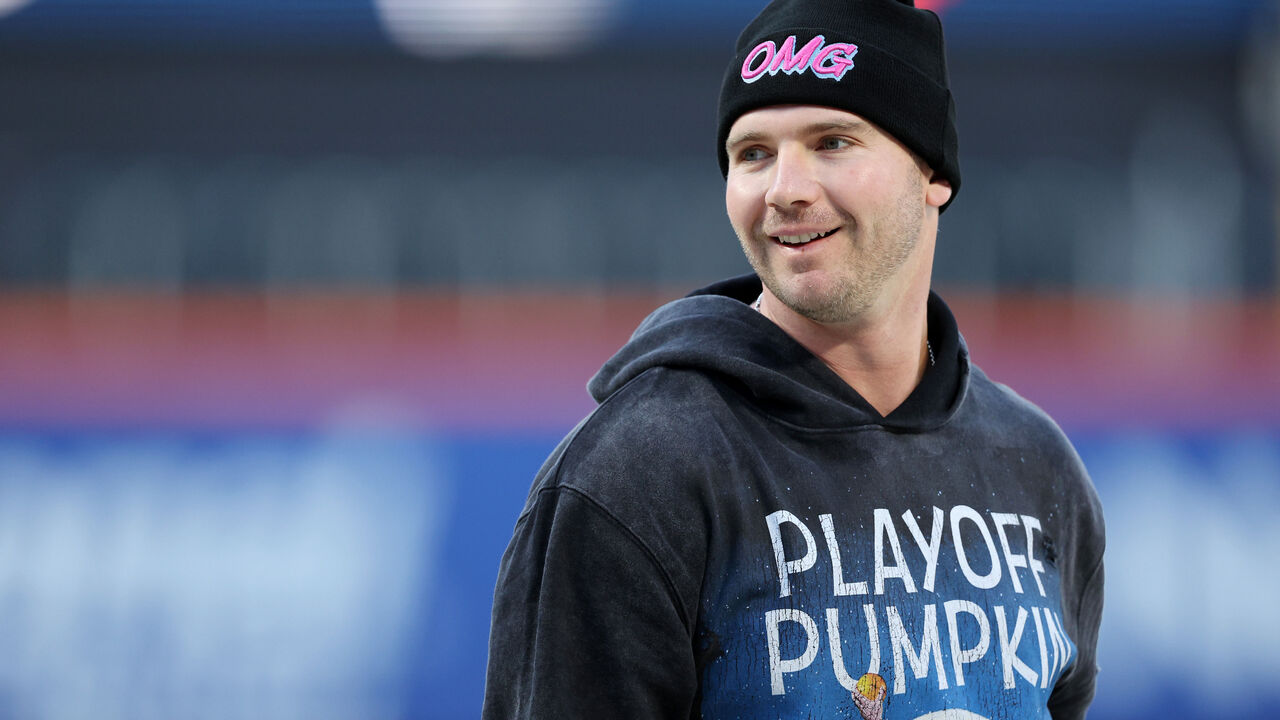
On one hand, there's no doubting Alonso's slugging prowess. Only Aaron Judge, Shohei Ohtani, and Kyle Schwarber have hit more home runs than him over the last five seasons. And if a contender has its eyes on postseason play, home runs play up even more in October.
On the other hand, Alonso doesn't create much value outside of his slugging. He's also entering his age-30 season. While he's hardly ancient, long-term deals to first basemen don't always work out well (see Albert Pujols, Angels).
If the Yankees don't retain Soto, they should be highly motivated to add another impact bat, especially at first base.
Consider how poor New York was at first base last season:
- Yankees first basemen ranked last in the majors in wRC+ (71), their worst mark since 1913.
- They also ranked 30th in batting average (.206), the second worst in franchise history.
- And they were ranked 30th in slugging (.312), 30th in on-base percentage (.282), and 27th in HRs (17).
Moreover, with an aging core of key players - Judge will be 33 next season, Gerrit Cole will be 34, and Giancarlo Stanton will be 35 - Alonso fits into a win-now mindset.
Jack Flaherty
The Tigers were operating rationally when they traded Flaherty at the deadline as they owned miniscule playoff chances. But if they'd retained the 29-year-old for a remarkable late-season surge that nearly saw them get into the ALCS, perhaps they would've made the next step. Now Detroit can get him back.
The Tigers have a low payroll and should be able to add impact players. Just as with Kansas City last year, there's value in adding a veteran presence to an emerging young rotation.
Anthony Santander
Santander ought to fit with several teams: He's a 30-year-old switch-hitter who's been one of the most consistent bats in the game over the last three seasons, and he's coming off a 44-homer campaign. But his profile fits best in a place that favors pull power. Sorry, Kansas City.
According to BaseballSavant estimates, only Great American Ball Park would fit Santander better than Philadelphia's Citizens Bank Park. The Phillies have shown a willingness to trade gloves for bats, aided by the tight dimensions of their ballpark. Santander in the center of the lineup might give them the firepower to compete with the Dodgers in a postseason series.
Sean Manaea
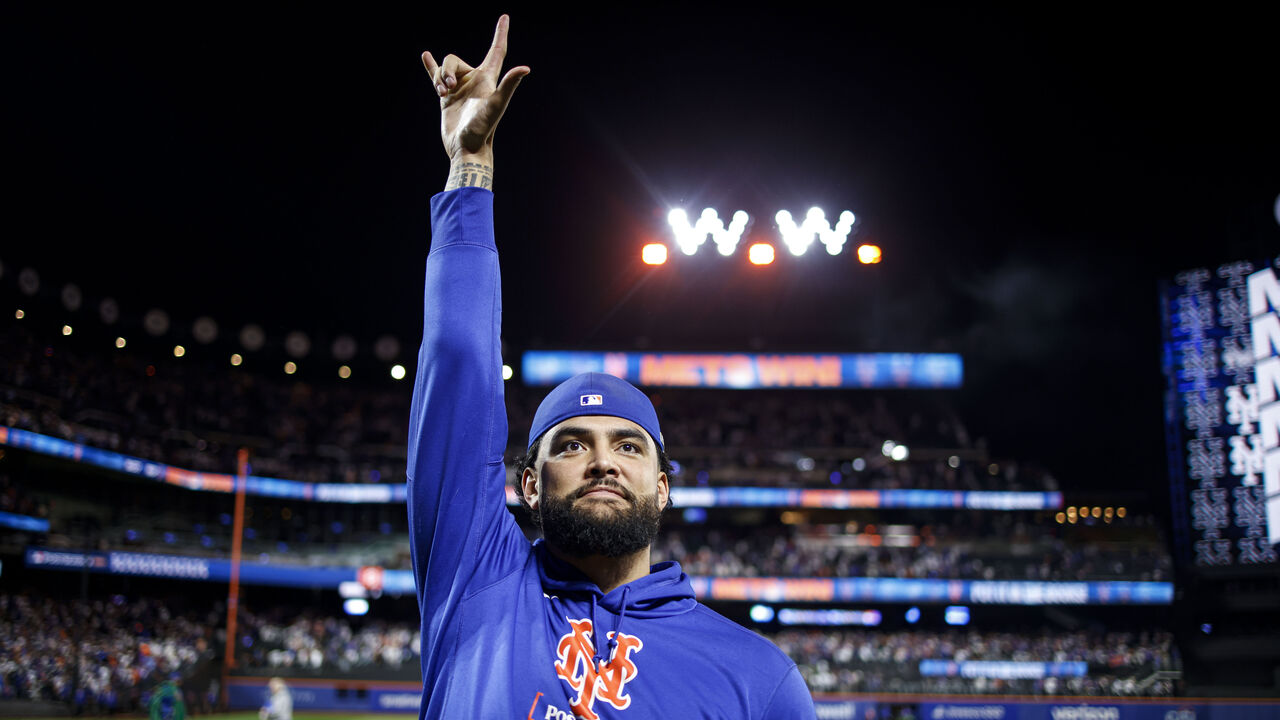
Manaea, 32, improved his stuff after an offseason trip to Driveline in the 2022-23 offseason and returned to the rotation full time with the Mets last season. New York can't afford to lose him, and Cohen ought to be willing to match and exceed any offer.
Teoscar Hernández
It remains to be seen whether Reds ownership will pay up for anyone in free agency. However, Cincinnati currently owes little guaranteed money, and Reds right fielders ranked 23rd in the majors last season with a lowly 89 wRC+.
Hernández, 32, projected to hit 43 homers in Cincinnati last season, the best among all MLB parks for his batted-ball profile. The Reds play in an incredibly favorable hitter's park and need to take advantage of it.
Travis Sawchik is theScore's senior baseball writer.